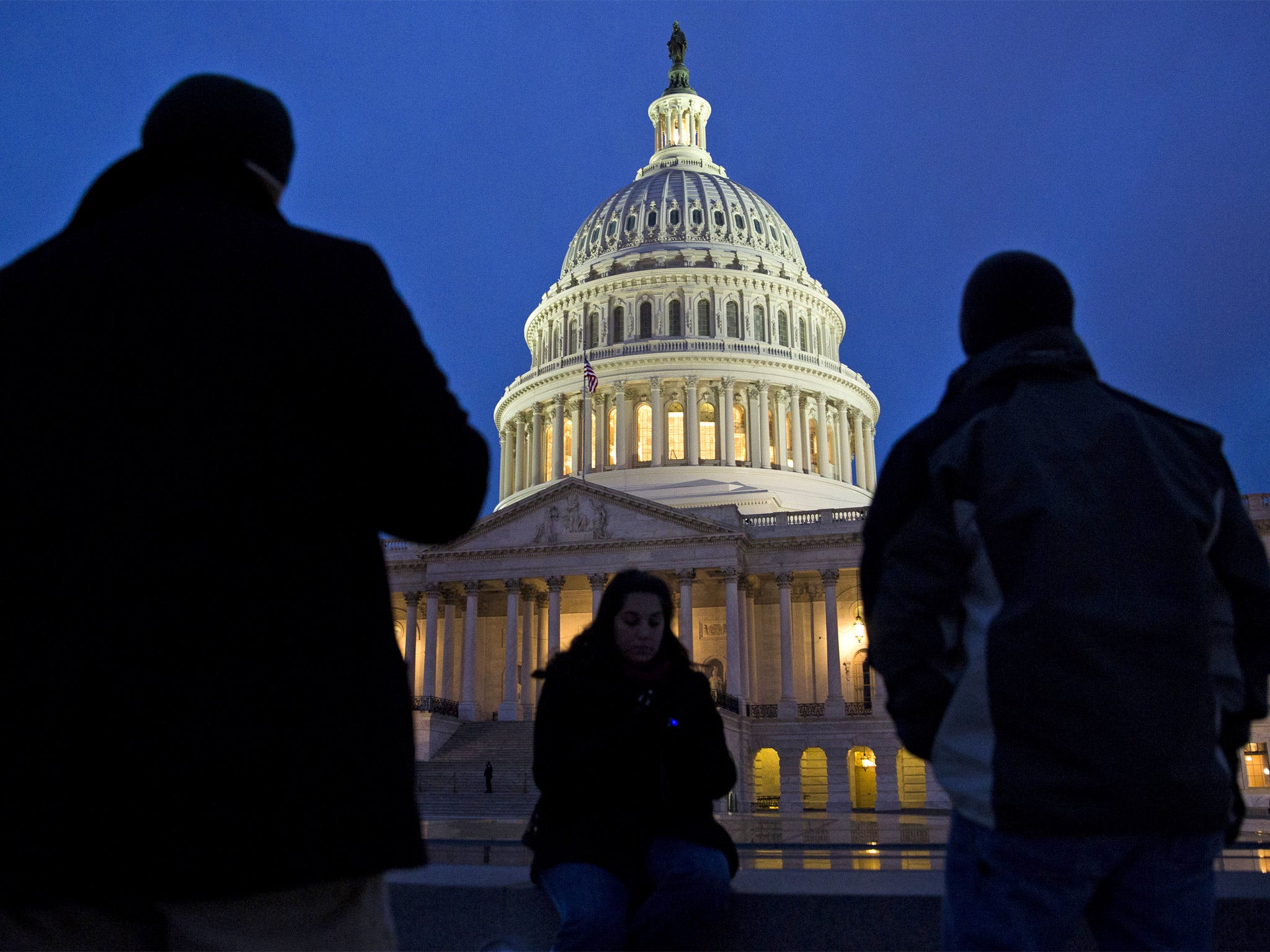US Elections 2016: Why do the Congressional races matter?
Barack Obama and Bill Clinton were both stifled by hostile Republican Congresses

Your support helps us to tell the story
From reproductive rights to climate change to Big Tech, The Independent is on the ground when the story is developing. Whether it's investigating the financials of Elon Musk's pro-Trump PAC or producing our latest documentary, 'The A Word', which shines a light on the American women fighting for reproductive rights, we know how important it is to parse out the facts from the messaging.
At such a critical moment in US history, we need reporters on the ground. Your donation allows us to keep sending journalists to speak to both sides of the story.
The Independent is trusted by Americans across the entire political spectrum. And unlike many other quality news outlets, we choose not to lock Americans out of our reporting and analysis with paywalls. We believe quality journalism should be available to everyone, paid for by those who can afford it.
Your support makes all the difference.The main focus of US and world media has been on the brutal race for the White House between the Republican nominee Donald Trump and the Democratic nominee Hillary Clinton.
However, the importance of the US House and Senate races cannot be underestimated. Historically, Presidents have always struggled to pass their agenda while contending with an opposition-run House and Senate.
Both Barack Obama and Bill Clinton failed to achieve all their first term goals thanks to an organised Republican Party machine.
Where Bill and Hillary Clinton's healthcare reform fell victim to Newt Gingrich-inspired opposition - Obamacare narrowly made it into law albeit with heavy compromises and sacrificing much of the 44th President's political capital.
Both Presidencies were also rocked by government shutdowns over fights with the House Republicans obstensibly over the Federal budget.
With the divisive nature of both Clinton and Trump - an opposition Congress could deny any potential goodwill towards their policies before they have even be sworn into office.
The Democrats are hoping to wrest control of both the House and Senate from the Republicans. Currently the minority party in the House, Democrats need to win an extra 30 House seats to claim back the majority in 435-seat lower house they last enjoyed in 2010.
A Senior Democratic aide has told Reuters, the party could only end up claiming a net gain of 12-16 on their opposition, leaving them short of an outright majority.
To win control of the 100-seat Senate outright, the Democrats would have to hold onto their 44 seats and gain five extra seats.
The outcome in the Senate has added importance given one of the first points on its agenda after the election will be the replacement for Justice Antonin Scalia on the US Supreme Court.
Promoted by Henderson Global Investors
A number of close Senate races between incumbent Republicans and strong Democratic challengers have garnered great interest including that of veteran Arizona Senator and former Republican presidential nominee, John McCain.
Some observers have suggested the possibility of a hung Senate providing the Vice President, either Republican Mike Pence or Democrat Tim Kaine, with the deciding vote.
Join our commenting forum
Join thought-provoking conversations, follow other Independent readers and see their replies
Comments